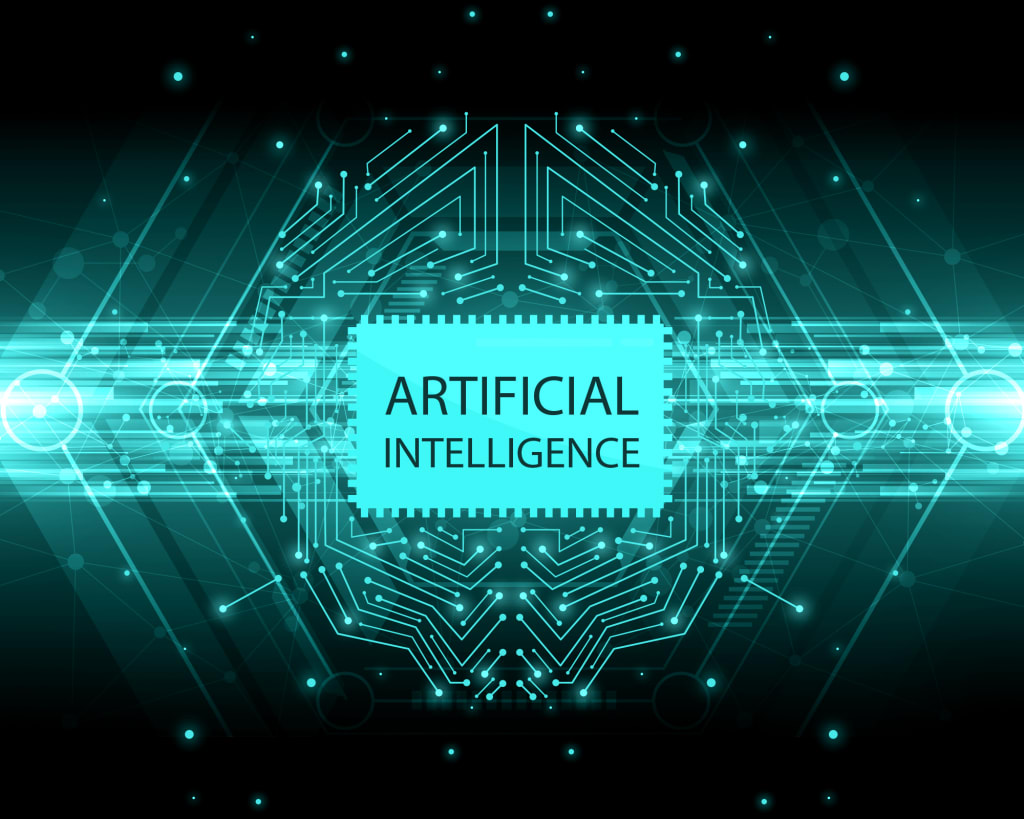Why artists hate AI?
Artificial intelligence (AI) has made significant strides in recent years in the realm of creativity. Machines are now capable of producing music, writing poetry and prose, and even designing intricate patterns.

Artificial intelligence (AI) has made significant strides in recent years in the realm of creativity. Machines are now capable of producing music, writing poetry and prose, and even designing intricate patterns. While many people find these advancements exciting, artists have tended to be more critical of this technology. They feel threatened by AI because machines are now capable of doing things that were previously the domain of human creativity. In this article, we will examine the reasons why artists do not like AI.
One of the primary reasons why artists do not like AI is that it is perceived as an existential threat to their livelihood. Professional creatives such as musicians, artists, and writers rely on their unique insights and creativity to make a living. With the advent of AI, many are worried that their skills will become irrelevant. Why would people pay for original music if they can enjoy comparable tunes generated by a computer? Why would someone need a painter when they can get an AI-generated work for a fraction of the price? These are genuine concerns that many artists have.
Another reason why artists do not like AI is that they feel it lacks the intangible qualities that make art special. These qualities include originality, emotion, and the human touch. Despite the impressive strides that AI has made in replicating human-like creativity, people still recognize that there are certain aspects of art that only a human can convey. An AI-generated painting might be technically accurate, but it will lack the soul and emotion that an original work would possess.
Furthermore, artists are concerned that AI will result in a homogenization of art. If machines are capable of producing art that is comparable in quality to works produced by humans, then there could be a glut of identical-looking and feeling artistic output. Some artists fear that this would lead to a boring and uninteresting art scene, with little diversity or nuance.
Another reason why artists do not like AI is that AI-generated art can be seen as inauthentic. When a human creates art, they are drawing on their personal life experiences, background, and cultural influences. An AI machine lacks such experiences and emotions that a human has. Therefore, the authenticity of an AI-generated artwork can be called into question.
Likewise, AI’s reliance on algorithms makes it difficult to see it as creative rather than replicative. Algorithms are essentially logical rules and sequences that operate the AI. This means that its creativity is limited by the input it receives. By contrast, human creativity can arise from unexpected sources and can be spontaneous and unpredictable. This gives the human touch a unique edge over AI.
Moreover, many artists feel that AI is robbing them of the ability to learn new skills and techniques associated with their art. Creative activities such as drawing, painting, and playing music often involve a deep exploration of the self and a search for meaning and purpose. When AI performs these tasks, it robs artists of the opportunity to engage in that process of self-discovery, and creating art becomes a mechanistic activity rather than a process of inspiration.
In addition, many artists argue that AI can never replace the value of the face-to-face interaction that takes place between an artist and the audience. At the heart of art lies the notion of a shared experience. Whether an artist performs or creates art, they ultimately want other people to experience and enjoy their work. This is a deeply humanistic value that artists hold. It’s hard to imagine an AI machine sharing in that connection in the same way.
Furthermore, many artists perceive AI as a tool of the large corporations that seek to control and monetize the creative process. These corporations seek to exploit the benefits of an AI-generated creative process — such as reduced costs and increased productivity — and use them to turn a profit. In doing so, the value of art is diminished, reducing it to a product instead of a special craft. This commodification of art is something that many artists feel is antithetical to the spirit of creativity.
Another factor that affects the relationship between artists and AI is the concept of ownership. When a human creates art, they are the sole proprietors of their work unless they choose otherwise. While AI machines might assist in generating art or music, their role in the creative process complicates the question of ownership. Who owns the rights to an AI-generated piece of work? Is it the company that built the machine, the programmer who coded it, or the individual who made use of its output? This is another concern that many artists have.
Lastly, artists are concerned about the potential impact of AI on their reputations as creative professionals. While machines can produce technically proficient work, it is not clear whether the public will view this output as evidence of unique artistic ability. This could lead to a devaluation of the art and creative industries as a whole, as people begin to view creativity as something easily replicated by machines. The human element, including skills such as critical thinking, empathy, and emotional intelligence, is seen as important to many artists, and they worry that AI's rise could eclipse those attributes.
In conclusion, while AI's growth in the creative field is undoubtedly impressive, artists remain wary of its potential impact. The idea that machines could eventually replace human creativity is threatening and troubling to many of them. Concerns about AI's authenticity, the homogenization of the art scene, and the value of face-to-face interactions are just a few of the reasons why artists continue to view this technology with skepticism. However, as AI continues to evolve and improve, it is likely that its role in the creative process will continue to be a hotly contested topic.
About the Creator
Chiara Landini
I am a native Italian hailing from Los Angeles with a passion for technology, entertainment, literature, and comic books.






Comments
There are no comments for this story
Be the first to respond and start the conversation.